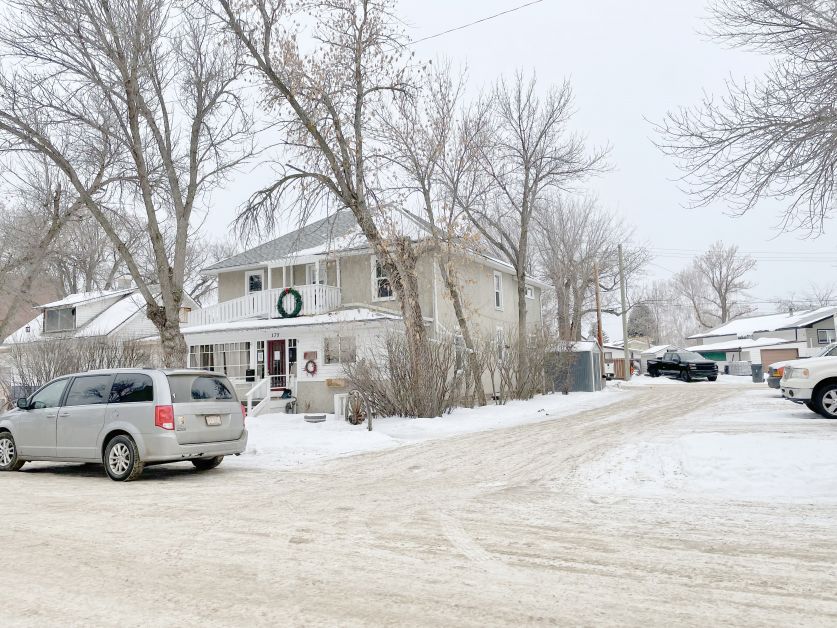
A conflict between the Grace House in Drumheller and former board members and employees is continuing with differing opinions on the recovery centre’s position in the community.
A group that has begun a Facebook page called Recovery With Grace has held a number of online and in-person meetings over the last approximately six months. They have expressed a number of concerns about the Grace House including issues of transparency, if the clients were getting counselling and compliance.
Jeremy Mackenzie Vice President of Drumheller Society for Recovery (DSFR), which is the board that oversees the Grace House, explains that Grace House is funded by Alberta Health Services (AHS) and operates under the Mental Health Service Protection Act (MHSPA).
The previous board renewed its contract with AHS.
“Everything we do, we consult with AHS and MHSPA,” said Makenzie. “In regard to qualified to individual counselling, we saw the opportunity to switch gears a little bit.”
He says they still have an in-house trained facilitator who supports the programs.
“Depending on the level of counselling required and, depending on the clients, we found it actually better to use our community counselling, just because there are different options in terms of the type of treatment they might require.”
He says Grace House still relies on the 12-Step program, as well as programs developed by Stephanie Covington.
“We use a hybrid system for the 12-Step Program. The 12-Step Program works really well for alcoholics, but it doesn’t do everything that needs to be done for narcotics and opioid addiction,” said Mackenzie. “We have combined it, but it is still primarily a 12-Step Program.”
Under the new contract, Mackenzie said they have changed from a treatment centre to a center of recovery. Makenzie said this has not changed their approach to working with clients.
He adds the organization is in good shape financially, and has been running at near capacity.
“We have a duty, and that number one duty is to the clients of the house, our number two duty is to the staff, our number three duty is to our partners and members,” said Mackenzie.
Daryl Heslip is the former administrator of the Grace House and has been working with the Recovery With Grace group to get answers to many questions on programming, funding and counselling.
“All we want the board to do is communicate with us. They haven't communicated with us, given us any answers in almost two years, and this is getting, needless to say, fairly frustrating,” said Heslip.
The group held an open house on January 17. Some of the questions they have posed include what is the status of the licencing of the Grace House, what has changed in regards to funding from AHS, and how the designation from treatment to recovery affects operations. They have been promoting the meeting and delivering letters throughout the community.
“We have to move forward somehow, it is really dividing the community, and it is really starting to affect the Grace House in non-positive ways,” said Heslip.
While Grace House board members attended one open house in September, the questions continued coming up, and last week they published a letter to the community regarding the Recovery With Grace group, and its allegations.
It states: “The DSFR Board of Directors takes these communications very seriously, and we will take appropriate action in due course. Our major funding and licensing partners including AHS and MHSPA are well aware of the situation. Not only do they support the efforts of the DSFR Staff, Members and Board of Directors, we are advised they too have a legal team investigating these matters.”